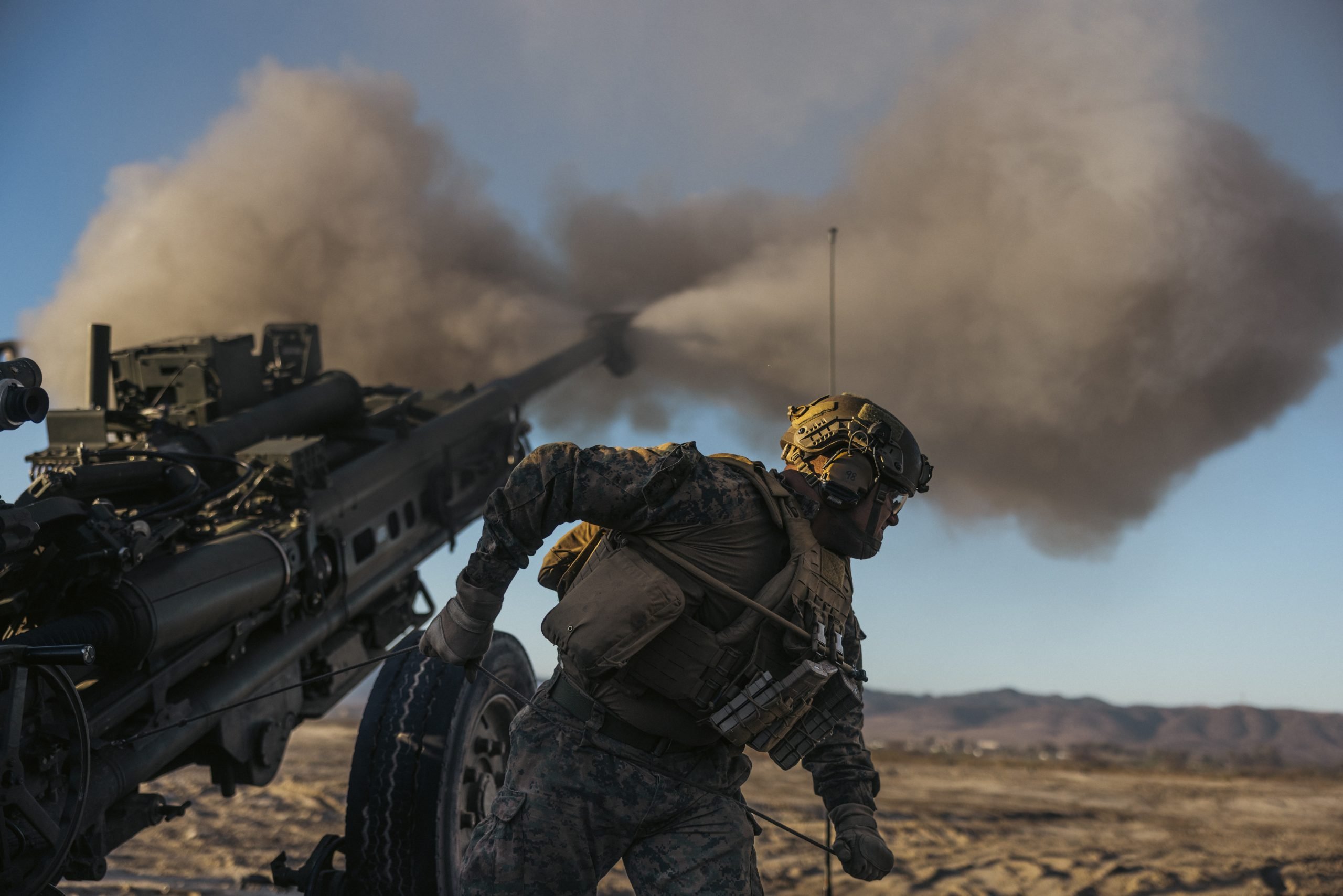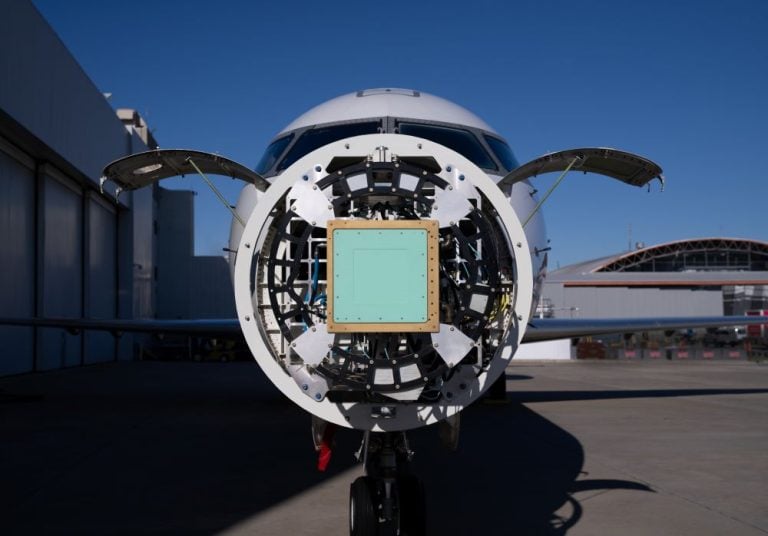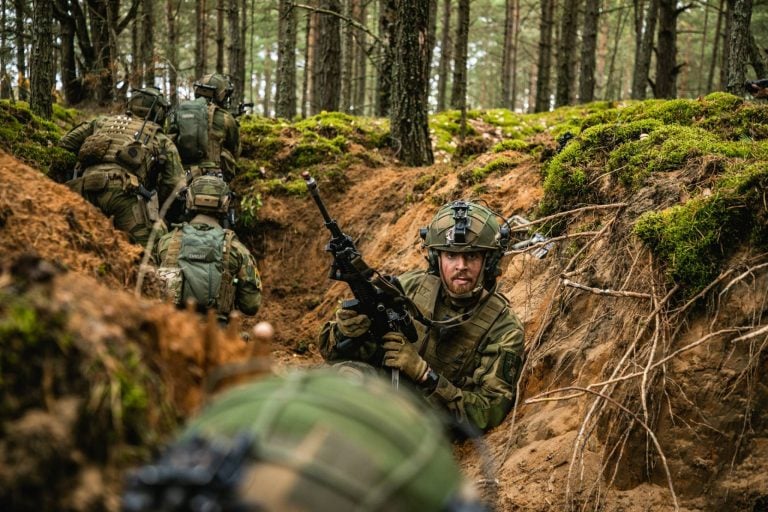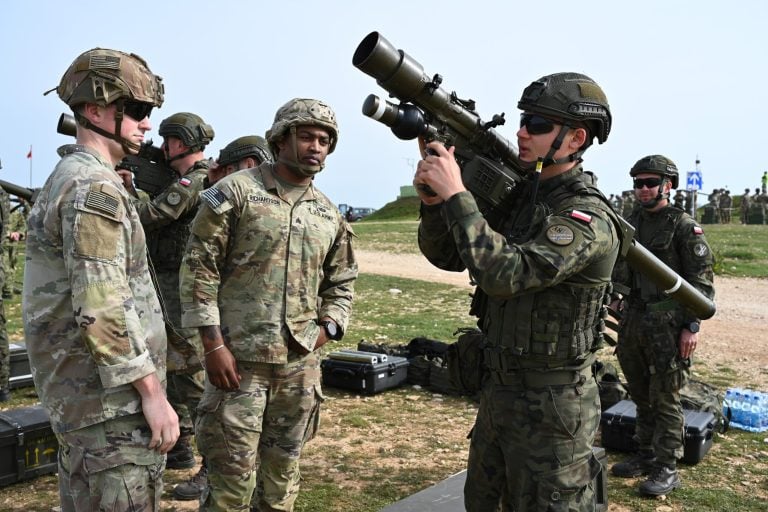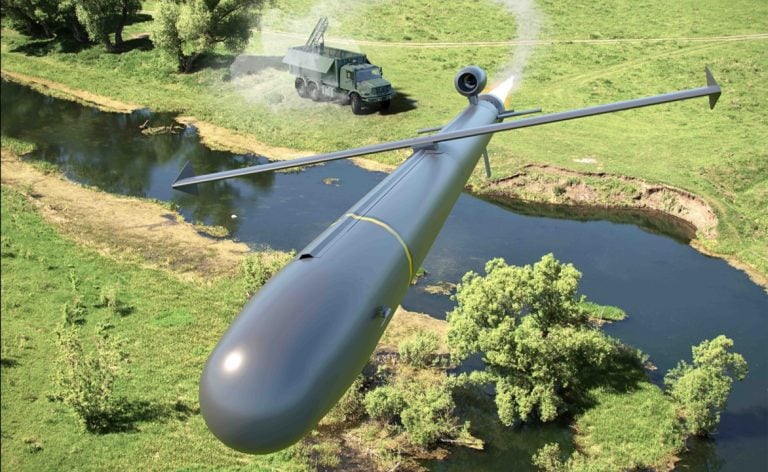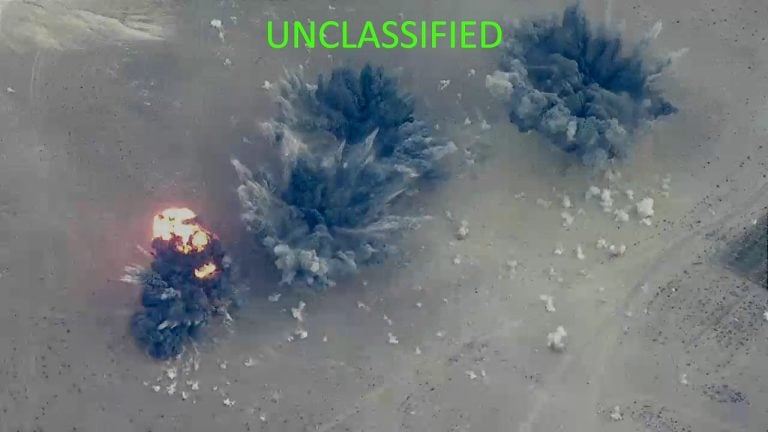Bulgaria has formally entered into a significant partnership with German defense giant Rheinmetall, culminating in a substantial deal exceeding 1 billion euros (approximately $1.1 billion). This collaboration aims to establish a state-of-the-art center dedicated to the production of gunpowder and 155-millimeter artillery shells, thereby enhancing Europe’s ammunition supply amid ongoing security concerns in the region.
The new facility will be constructed on a sprawling 100-hectare (247-acre) site in the Sopot area, a location poised to generate roughly 1,000 jobs for the local economy. The development phase is projected to take 14 months, with production of projectile casings expected to commence in 2027, followed by the manufacture of explosive materials slated for 2028.
Once operational, the plant is anticipated to produce an impressive annual output of up to 100,000 artillery shells and propellant charges for an additional 150,000 rounds. Furthermore, it aims to generate around 1,300 tonnes (equivalent to approximately 2.8 million pounds) of gunpowder each year.
This joint venture brings together Rheinmetall and Bulgaria’s state-owned Vazovski Mashinostroitelni Zavodi (VMZ), with Rheinmetall holding a controlling stake of 51 percent while VMZ retains the remaining 49 percent. Bulgaria’s contribution to the project is being financed through a loan from the Security Action for Europe or “European SAFE” mechanism, designed to bolster upgrades within the defense industry.
The agreement was officiated at the Council of Ministers in Sofia, where Rheinmetall CEO Armin Papperger and VMZ Director Ivan Getsov came together, with Bulgarian Prime Minister Rosen Zhelyazkov present to underscore the importance of the partnership.
In a statement reflecting the significance of the agreement, Prime Minister Zhelyazkov expressed optimism about the future of Bulgaria’s defense sector, remarking, “With the signing of this contract, we mark the beginning of a strategic partnership between the Bulgarian state and the German technology concern, which will change the future of the Bulgarian defence industry.” This venture not only signifies a pivotal moment for Bulgaria but also aligns with broader European efforts to strengthen defense capabilities in light of escalating tensions in the region.
